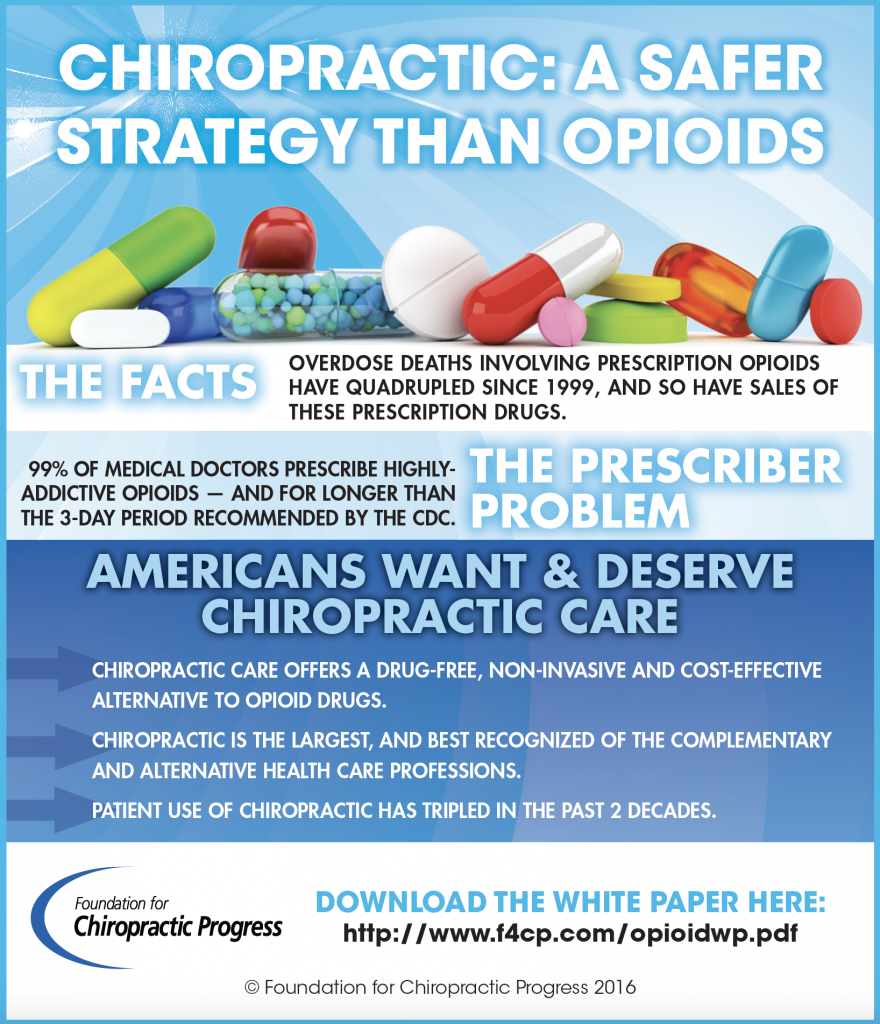The Function Of Nourishment In Back Pain Monitoring: Foods To Eat And Avoid
The Function Of Nourishment In Back Pain Monitoring: Foods To Eat And Avoid
Blog Article
Short Article Developed By-Cochrane Lykke
When it comes to managing your neck and back pain, the food options you make can substantially affect exactly how you really feel on a daily basis. Think of having the ability to relieve your pain merely by adjusting what you consume. By recognizing the role of nourishment in neck and back pain administration and recognizing which foods to include or stay away from, you can take aggressive steps in the direction of a much healthier and more comfortable way of living. The connection between nourishment and back health is more extensive than you may realize-- allow's check out just how particular foods can either calm or intensify your pain in the back.
Importance of Nourishment in Back Pain
Nutrition plays an important role in handling neck and back pain. Your diet plan can considerably influence swelling degrees and total discomfort degrees in your back. Taking in a well balanced diet plan abundant in nutrients like vitamins D and K, calcium, magnesium, and omega-3 fats can help reduce swelling and strengthen bones, which are crucial for back wellness.
Furthermore, maintaining a healthy and balanced weight through correct nourishment can ease stress and anxiety on your spinal column, reducing the threat of neck and back pain.
Furthermore, particular nutrients like anti-oxidants discovered in vegetables and fruits can help battle oxidative stress and promote healing in the body, including the back muscles and spinal column.
On the other hand, eating extreme quantities of refined foods, sweet beverages, and unhealthy fats can add to swelling and weight gain, aggravating neck and back pain.
Foods to Eat for Back Wellness
To sustain a healthy and balanced back, incorporating nutrient-rich foods right into your everyday dishes is vital. Including foods high in antioxidants like berries, spinach, and kale can help in reducing inflammation in your back, alleviating pain and discomfort. https://whentoseedoctoraftercarac06162.ourcodeblog.com/30812483/utilize-the-power-of-chiropractic-like-enhance-your-sports-performance-and-uncover-the-secrets-behind-this-game-changing-link -3 fatty acids found in fatty fish such as salmon and mackerel have anti-inflammatory residential or commercial properties that can benefit your back wellness.
Furthermore, eating nuts and seeds like almonds, walnuts, and chia seeds supplies vital nutrients like magnesium and vitamin E, which support muscle function and lower oxidative stress and anxiety. Integrating lean healthy proteins such as poultry, turkey, and tofu can aid in muscle mass fixing and maintenance, advertising a solid back.
Do not neglect to include https://consumer.healthday.com/nerve-stimulation-cuts-pain-opioid-use-after-orthopedic-surgery-2652599440.html or strengthened plant-based options for calcium to sustain bone health. Last but not least, moisturize with plenty of water to keep your spinal discs moistened and working efficiently. By consisting of these nutrient-dense foods in your diet, you can nurture your back and support total spinal health and wellness.
Foods to Prevent for Back Pain
Select preventing processed foods high in added sugars and trans fats when seeking relief from pain in the back. These types of foods can contribute to swelling in the body, which may exacerbate back pain. Say no to lower back like candy, pastries, and sweet beverages, as well as junk food things like hamburgers, fries, and fried hen that are frequently loaded with trans fats.
Additionally, avoid foods including high degrees of refined carbohydrates, such as white bread, pasta, and pastries, as they can surge blood glucose degrees and potentially worsen swelling in the body.
It's also important to limit your consumption of foods high in saturated fats, like red meat and full-fat milk items, as they can contribute to swelling. Refined foods like deli meats, chips, and packaged treats are commonly high in saturated fats and must be consumed in moderation.
Conclusion
In conclusion, focusing on your diet regimen and making wise food selections can have a significant effect on handling pain in the back. By incorporating nutrient-rich foods like berries, fatty fish, nuts, and lean healthy proteins, and staying clear of refined and sweet things, you can help in reducing inflammation and assistance overall back health. Remember, what you consume plays an important role in how you really feel, so make sure to prioritize your nutrition for a much healthier back.
